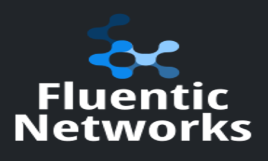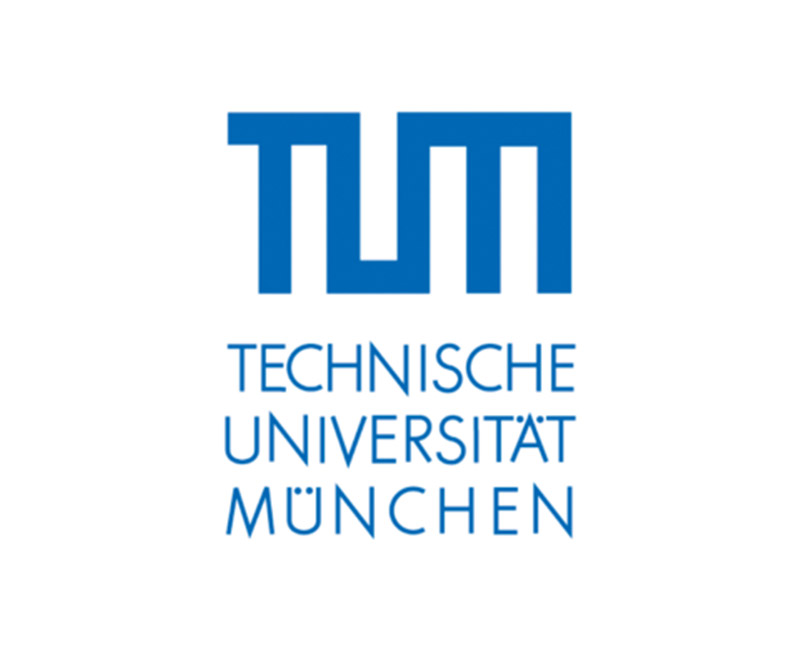In-network compute for 5G services
PICCOLO explored a decentralised model of in-network computing that shifts computation and data storage into the network fabric itself, closer to where industrial data is generated and consumed. This reduces dependency on cloud infrastructure and helps meet stringent latency and data privacy demands. The platform combines distributed digital twins with microservices running in a process-based Erlang architecture, orchestrated via Kubernetes and deployed across heterogeneous edge nodes.
In the smart-factory pilot led by Bosch, Peer Stritzinger GmbH contributed GRiSP boards running adaptive IEC 61499 control logic. These embedded nodes formed part of a decentralised system that enabled dynamic application placement using latency and throughput constraints, alongside real time redundancy and recovery when components dropped out. Our team led the integration of secure OPC-UA bridges and zero-knowledge proof (ZKP) mechanisms to ensure trustworthy data exchange at the edge.
PICCOLO demonstrated how lightweight, fault-tolerant edge systems built on GRiSP can extend cloud-native benefits to embedded environments, offering a path to secure computing that grows with your needs in smart manufacturing and industrial IoT.


Co-funded by national innovation programmes
CELTIC-NEXT ref. CELTIC-2020-2-732111-PICCOLO
Project Summary
- 2020 - 2022
- CELTIC-2020-2-732111-PICCOLO
- CELTIC-NEXT collaborative research
- 9 participants
- €3350 K total budget
- Nationally co-funded by BMWK (Germany) and Innovate UK
Stritzinger GmbH Role
- Project Partner
- Use-Case Provider: Edge orchestration in Bosch pilot
- Task Leader: OPC-UA bridge and Zero-Knowledge Proof (ZKP) integration
Project Consortium
The PICCOLO consortium brought together industrial and research partners including Bosch, BT, Fluentic Networks, ARM, InnoRoute, Sensing Feeling, the Technical University of Munich (TUM), the University of Applied Sciences Emden/Leer and Peer Stritzinger GmbH. Each participant contributed to real-world pilots in automotive, industrial IoT and network infrastructure. The project validated the benefits of decentralised orchestration across multiple domains and hardware platforms.








